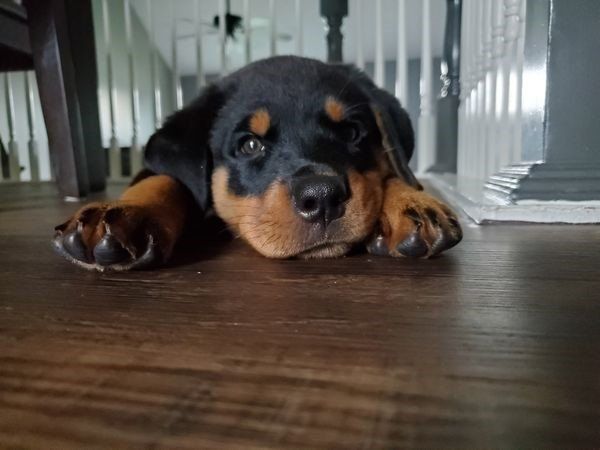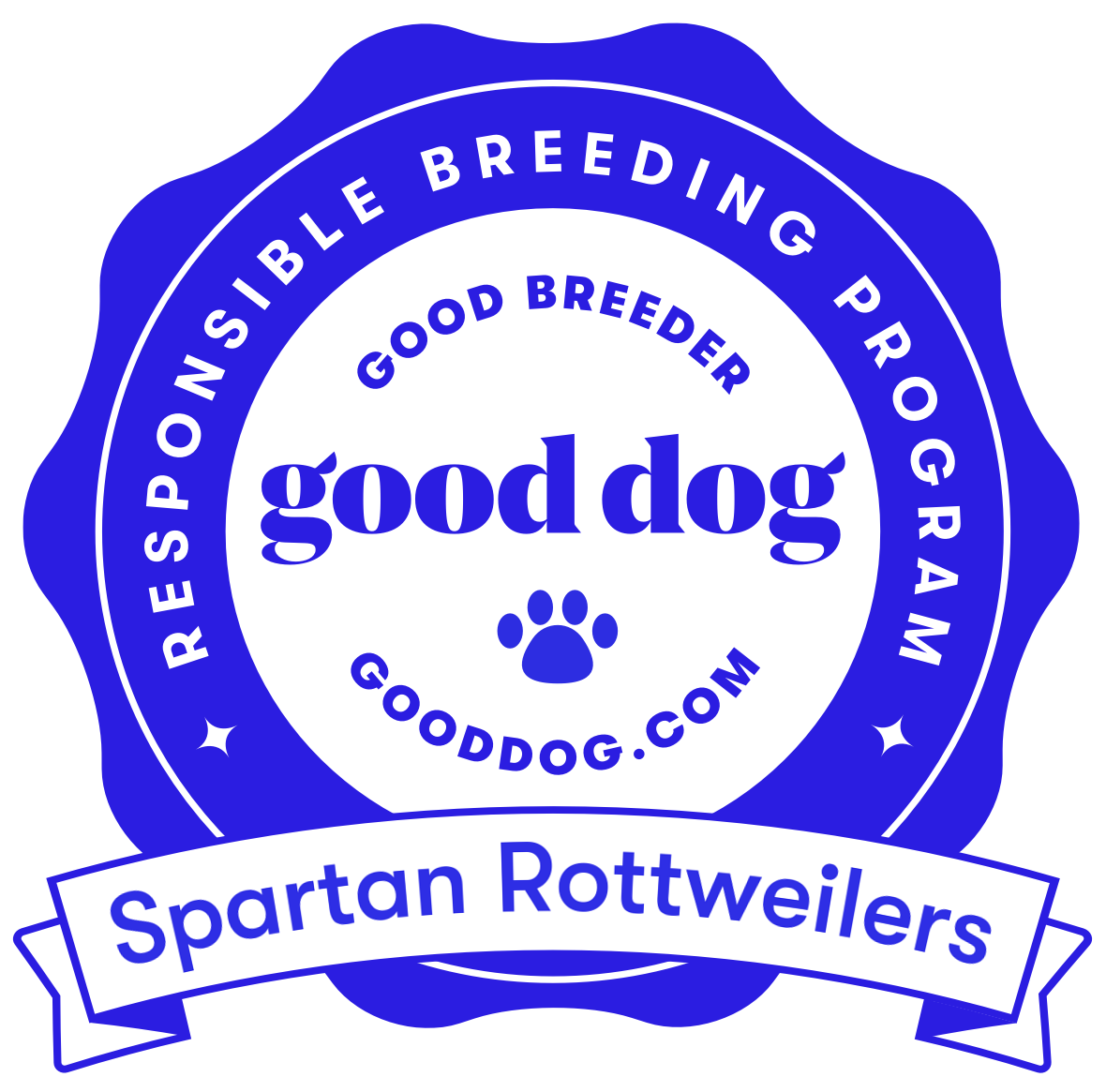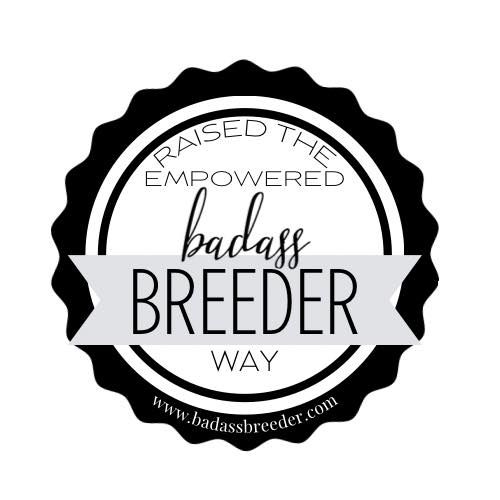The day you have been waiting for....

It’s your first day with your puppy and you want to begin bonding immediately.
Here are some tips to make sure the first day is the best it can be for your puppy, for you, and for your family.
- Limit your puppy’s access. Too many new places, smells, and people at once may confuse him. Instead, let him explore a designated area where you are, too. Then introduce him to the rest of the house, one room at a time. This gives more opportunities to be praised for good behavior and to stop bad behavior in its tracks.
- Choose a potty spot. Start by taking him to the outside area where you want him to eliminate. When he does relieve himself, use a command that you’ll stick to, like “go potty” and reward him with a special treat and praise.
- Introduce him to his new family. If possible, do this one person at a time. Give him a chance to meet each of you quietly. Supervise young children. Discourage them from picking up the puppy. Let them hold him in their laps with your help.
- Minimize stress and excitement. Don’t invite friends and neighbors over to meet him yet. That will be important very soon, but should not start on the first day.... reduce stress... sleeping a lot the first day is totally normal.
- Introduce other family pets. Puppies are still developing their communication skills and don’t understand the rules set in place by adult dogs. As long as an adult dog’s behavior is appropriate when correcting a puppy, it’s okay if she growls a little. If the elder dog becomes agitated, separate or redirect the puppy.
- Don’t interact with dogs outside your home. Because your puppy probably hasn’t gotten all of his shots, he shouldn’t interact with strange dogs or even walk where other dogs do. Wait until they have 4 sets of shots under their belt.
- Start enforcing rules. The puppy needs to learn the house rules from the very beginning. Praise good behavior. Set your rules ahead of time and stick to them, for example: Where do you want puppy to sleep? Is puppy allowed on furniture? Can puppy have food scraps from the table? Are they allowed in the kitchen? Are they allowed to jump on people even as a puppy. It is much harder to change the rule later... what you allow now can be what you are stuck with.
- Make a veterinary appointment. Your vet should give your puppy a checkup in the next few days.
Start the way you intend to go
Create a schedule and stick to it. Keep in mind:
- Mealtime Young puppies eat three times a day. Put your puppy on a regular feeding schedule. What goes in on a regular schedule will come out on a regular schedule.
- Potty breaks Every time your puppy eats, drinks, wakes up, plays, sniffs around the room — most young puppies have to eliminate at least every 45 minutes when awake. Pick the puppy up and carry him to the designated potty area. Never punish him for housetraining “mistakes.” ...Later yes... but not now. He will be in training for some time. When he eliminates outside, reward him immediately.
- Playtime: Your puppy needs exercise and interaction with you. A word of caution: sustained, strenuous exercise (long runs, jumping) is not good for puppies, but playing with toys and with you, mental stimulation with puzzles, and running in the yard are great. A tired puppy is a good puppy.
- Dreamland: Young puppies sleep a lot; in fact, some will sleep 16-to-18 hours a day. Plan on several nap times during the day. You may need to put a crate in a quiet part of the house so he won’t be disturbed. At night, set a puppy bedtime and help him get used to the routine.
What about the first night?
Some puppies sleep through the night right from the start. Others may cry for a few nights. And some may not be able to hold it and will need a middle of the night trip outside – but this usually ends by age 4-5 months.
- For many puppies, evening is the “witching hour,” and if you anticipate it by initiating play, he may use up some energy and settle down. An evening stroll gives him exercise and a chance to take a potty break. Be sure he potties right before bed.
- Leave a radio on near his kennel for "White noise" to help block out all of the strange sounds. Bring home a blanket or stuffed toy that smells like your pup’s mother, and keep that in his crate.
- A set bedtime makes his adjustment and house training easier for everyone. It doesn’t matter if it’s 8 p.m. or midnight, as long as it becomes a routine. Take him to his crate and help him settle down for the night – giving him a small treat when he goes in willingly.
- If your puppy is not yet able to make it through the night, when he whines, quietly carry him out for a quick, boring potty break. Then put him back in the crate.
- If the pup cries, do not put him in your bed unless that is where you want him to sleep. You can put the crate right next to your bed and put your hand inside to reassure him that you’re there. A crate is like a den, where a puppy won’t eliminate. The crate at this time should only be big enough for him to stand up and turn around. If the crate is too big, they will poop in one end and play at the other.
It is worth it...
With lots of affectionate contact with the family, consistent rules and routine, and rewards for good behavior, your puppy will quickly learn his place in his new “pack.”
Most importantly, you will establish a bond that will endure throughout his life.





